✨✨ 欢迎大家来访Srlua的博文(づ ̄3 ̄)づ╭❤~✨✨🌟🌟 欢迎各位亲爱的读者,感谢你们抽出宝贵的时间来阅读我的文章。
我是Srlua小谢,在这里我会分享我的知识和经验。🎥
希望在这里,我们能一起探索IT世界的奥妙,提升我们的技能。🔮
记得先点赞👍后阅读哦~ 👏👏
📘📚 所属专栏:C/C++
欢迎访问我的主页:Srlua小谢 获取更多信息和资源。✨✨🌙🌙

目录
赋值运算符重载
运算符重载
赋值运算符重载
1. 赋值运算符重载格式
2. 赋值运算符只能重载成类的成员函数不能重载成全局函数
3. 用户没有显式实现时,编译器会生成一个默认赋值运算符重载,以值的方式逐字节拷贝。
前置++和后置++重载

赋值运算符重载
运算符重载
C++为了增强代码的可读性引入了运算符重载,运算符重载是具有特殊函数名的函数,也具有其返回值类型,函数名字以及参数列表,其返回值类型与参数列表与普通的函数类似。
函数名字为:关键字operator后面接需要重载的运算符符号。
函数原型:返回值类型 operator操作符(参数列表)
注意:
-
不能通过连接其他符号来创建新的操作符:比如operator@
-
重载操作符必须有一个类类型参数
-
用于内置类型的运算符,其含义不能改变,例如:内置的整型+,不能改变其含义
-
作为类成员函数重载时,其形参看起来比操作数数目少1,因为成员函数的第一个参数为隐藏的this
-
.* :: sizeof ?: . 注意以上5个运算符不能重载。这个经常在笔试选择题中出现。
#include <iostream>
using namespace std;
// 全局的operator==
class Date
{
public:
Date(int year = 1900, int month = 1, int day = 1)
{
_year = year;
_month = month;
_day = day;
}
//private:
int _year;
int _month;
int _day;
};
这里会发现运算符重载成全局的就需要成员变量是公有的,那么问题来了,封装性如何保证?
这里其实可以用我们友元解决(后续讲解),或者干脆重载成成员函数。
bool operator==(const Date& d1, const Date& d2)
{
return d1._year == d2._year
&& d1._month == d2._month
&& d1._day == d2._day;
}
void Test()
{
Date d1(2018, 9, 26);
Date d2(2018, 9, 27);
cout << (d1 == d2) << endl;
}
int main()
{
Test();
return 0;
}class Date
{
public:
Date(int year = 1900, int month = 1, int day = 1)
{
_year = year;
_month = month;
_day = day;
}
bool operator==(Date* this, const Date& d2)
这里需要注意的是,左操作数是this,指向调用函数的对象
bool operator==(const Date & d2)
{
return _year == d2._year;
&& _month == d2._month
&& _day == d2._day;
}
private:
int _year;
int _month;
int _day;
};
int main()
{
Test();
return 0;
}赋值运算符重载
1. 赋值运算符重载格式
- 参数类型:const T&,传递引用可以提高传参效率
- 返回值类型:T&,返回引用可以提高返回的效率,有返回值目的是为了支持连续赋值
- 检测是否自己给自己赋值
- 返回*this :要复合连续赋值的含义
class Date
{
public:
Date(int year = 1900, int month = 1, int day = 1)
{
_year = year;
_month = month;
_day = day;
}
Date(const Date& d)
{
_year = d._year;
_month = d._month;
_day = d._day;
}
Date& operator=(const Date& d)
{
if (this != &d)
{
_year = d._year;
_month = d._month;
_day = d._day;
}
return *this;
}
private:
int _year;
int _month;
int _day;
};2. 赋值运算符只能重载成类的成员函数不能重载成全局函数
class Date
{
public:
Date(int year = 1900, int month = 1, int day = 1)
{
_year = year;
_month = month;
_day = day;
}
int _year;
int _month;
int _day;
};
// 赋值运算符重载成全局函数,注意重载成全局函数时没有this指针了,需要给两个参数
Date& operator=(Date& left, const Date& right)
{
if (&left != &right)
{
left._year = right._year;
left._month = right._month;
left._day = right._day;
}
return left;
}
// 编译失败:
// error C2801: “operator =”必须是非静态成员原因:赋值运算符如果不显式实现,编译器会生成一个默认的。此时用户再在类外自己实现一个全局的赋值运算符重载,就和编译器在类中生成的默认赋值运算符重载冲突了,故赋值运算符重载只能是类的成员函数。

3. 用户没有显式实现时,编译器会生成一个默认赋值运算符重载,以值的方式逐字节拷贝。
注意:内置类型成员变量是直接赋值的,而自定义类型成员变量需要调用对应类的赋值运算符重载完成赋值。
class Time
{
public:
Time()
{
_hour = 1;
_minute = 1;
_second = 1;
}
Time& operator=(const Time& t)
{
if (this != &t)
{
_hour = t._hour;
_minute = t._minute;
_second = t._second;
}
return *this;
}
private:
int _hour;
int _minute;
int _second;
};
class Date
{
private:
// 基本类型(内置类型)
int _year = 1970;
int _month = 1;
int _day = 1;
// 自定义类型
Time _t;
};
int main()
{
Date d1;
Date d2;
d1 = d2;
return 0;
}既然编译器生成的默认赋值运算符重载函数已经可以完成字节序的值拷贝了,还需要自己实现吗?
这里会发现下面的程序会崩溃掉?这里就需要我们深拷贝去解决。
#include <iostream>
using namespace std;
typedef int DataType;
class Stack
{
public:
Stack(size_t capacity = 10)
{
_array = (DataType*)malloc(capacity * sizeof(DataType));
if (nullptr == _array)
{
perror("malloc申请空间失败");
return;
}
_size = 0;
_capacity = capacity;
}
void Push(const DataType& data)
{
// CheckCapacity();
_array[_size] = data;
_size++;
}
~Stack()
{
if (_array)
{
free(_array);
_array = nullptr;
_capacity = 0;
_size = 0;
}
}
private:
DataType* _array;
size_t _size;
size_t _capacity;
};
int main()
{
Stack s1;
s1.Push(1);
s1.Push(2);
s1.Push(3);
s1.Push(4);
Stack s2;
s2 = s1;
return 0;
}这段代码中的 Stack 类缺少拷贝构造函数和赋值运算符重载,因此在执行对象拷贝时会出现浅拷贝的问题,导致两个对象共享同一块内存。当其中一个对象析构时,另一个对象所指向的内存就会变成非法内存,从而导致程序崩溃。
要解决这个问题,可以手动实现深拷贝。具体来说,需要重载拷贝构造函数和赋值运算符,将原始对象中的数据复制到新对象中,并使用新的内存空间。
 注意:如果类中未涉及到资源管理,赋值运算符是否实现都可以;一旦涉及到资源管理则必须要实现。
注意:如果类中未涉及到资源管理,赋值运算符是否实现都可以;一旦涉及到资源管理则必须要实现。
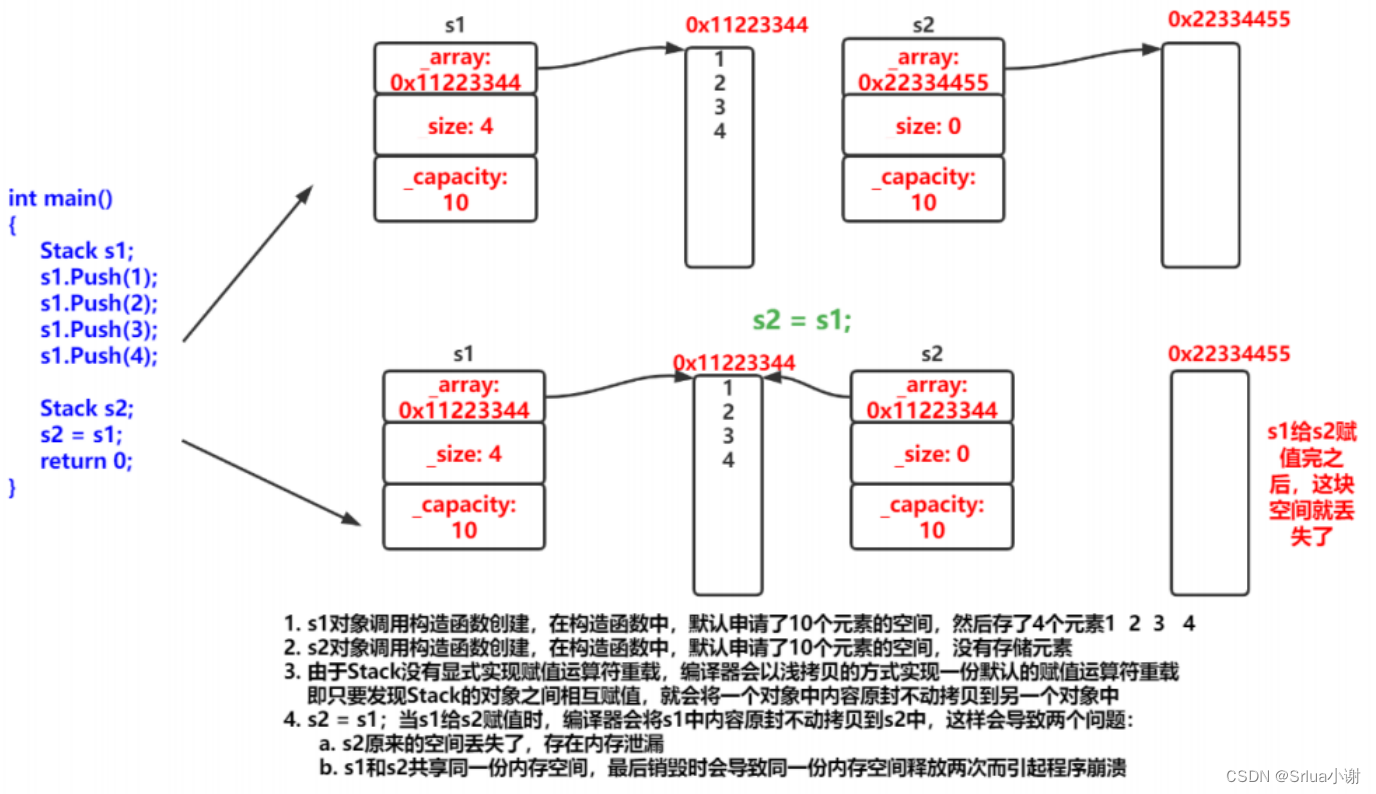
前置++和后置++重载
class Date
{
public:
Date(int year = 1900, int month = 1, int day = 1)
{
_year = year;
_month = month;
_day = day;
}
// 前置++:返回+1之后的结果
注意:this指向的对象函数结束后不会销毁,故以引用方式返回提高效率
Date& operator++()
{
_day += 1;
return *this;
}
// 后置++:
// 前置++和后置++都是一元运算符,为了让前置++与后置++形成能正确重载
// C++规定:后置++重载时多增加一个int类型的参数,但调用函数时该参数不用传递,编译器自动传递
// 注意:后置++是先使用后+1,因此需要返回+1之前的旧值,故需在实现时需要先将this保存一份,然后给this + 1
而temp是临时对象,因此只能以值的方式返回,不能返回引用
Date operator++(int)
{
Date temp(*this);
_day += 1;
return temp;
}
private:
int _year;
int _month;
int _day;
};
int main()
{
Date d;
Date d1(2022, 1, 13);
d = d1++; // d: 2022,1,13 d1:2022,1,14
d = ++d1; // d: 2022,1,15 d1:2022,1,15
return 0;
}
希望对你有帮助!加油!
若您认为本文内容有益,请不吝赐予赞同并订阅,以便持续接收有价值的信息。衷心感谢您的关注和支持!


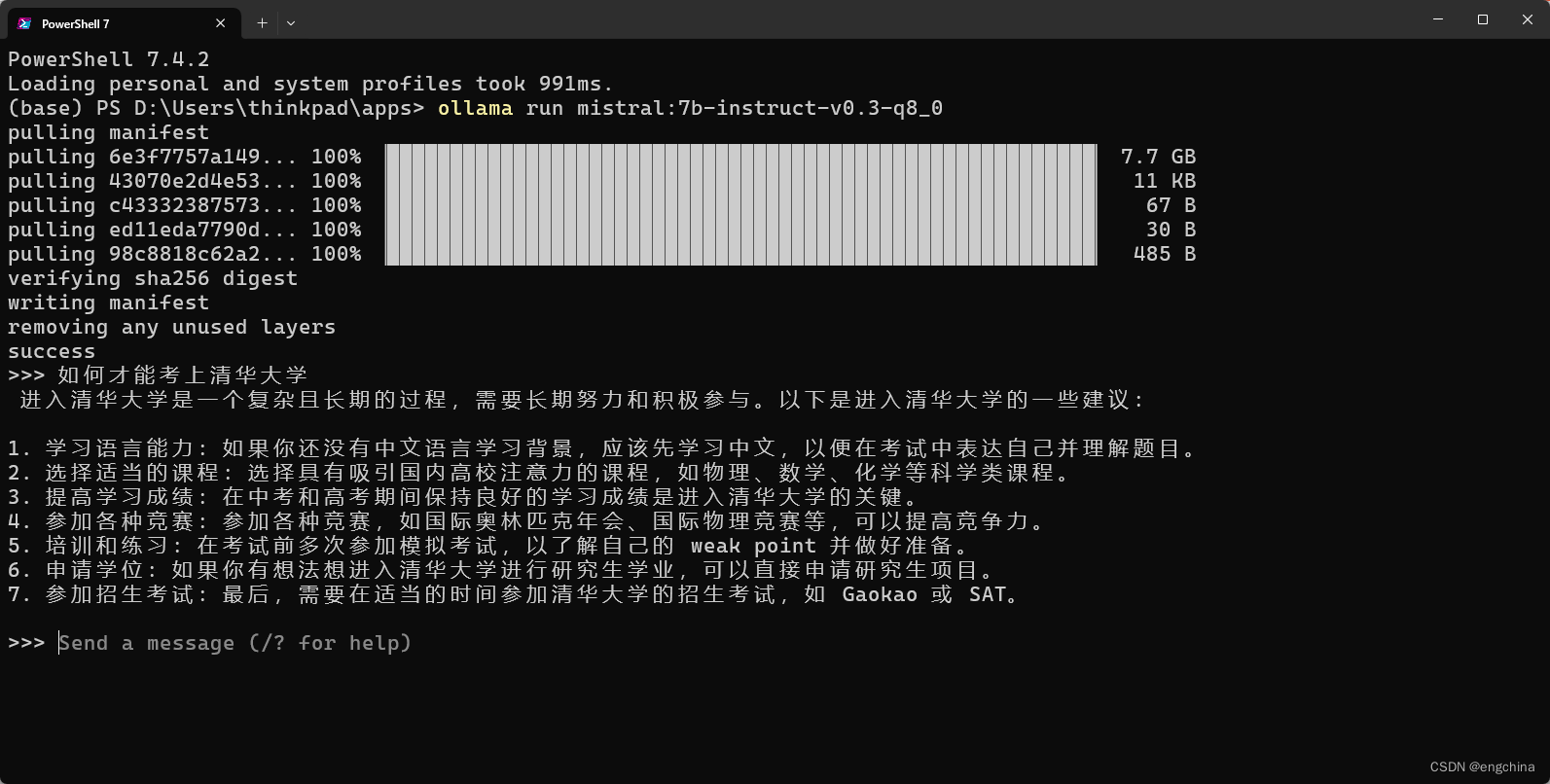




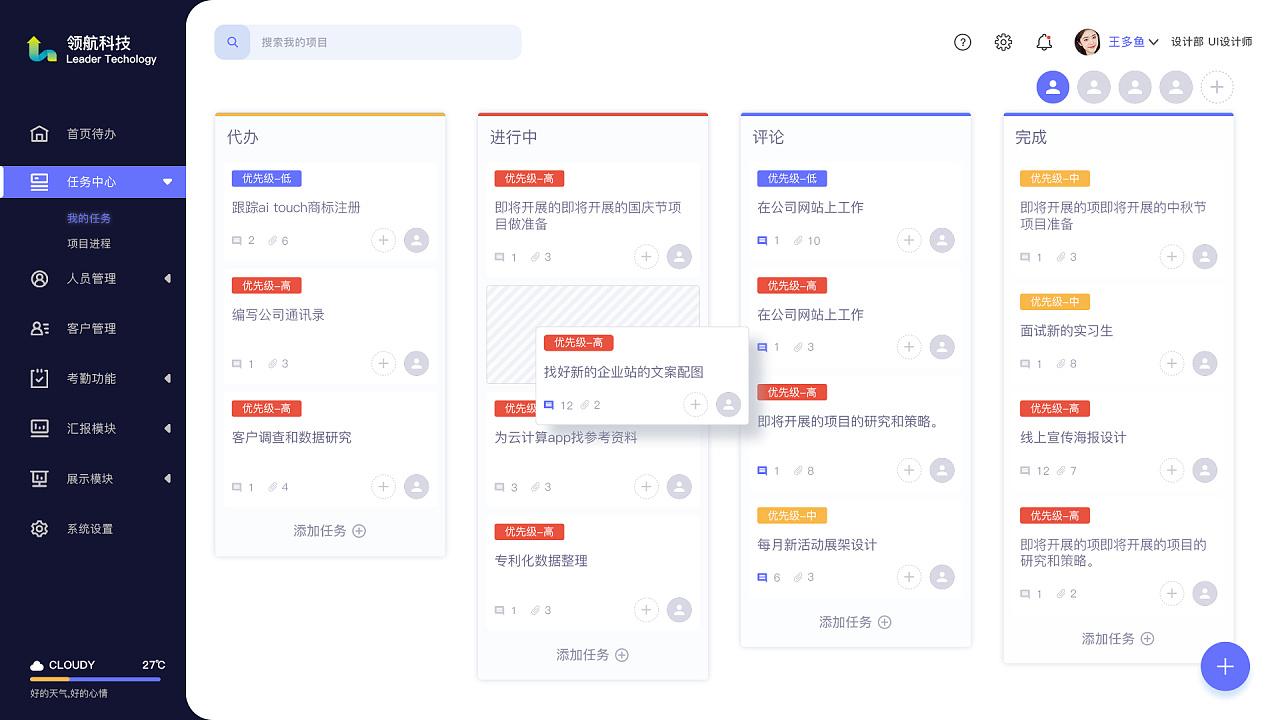
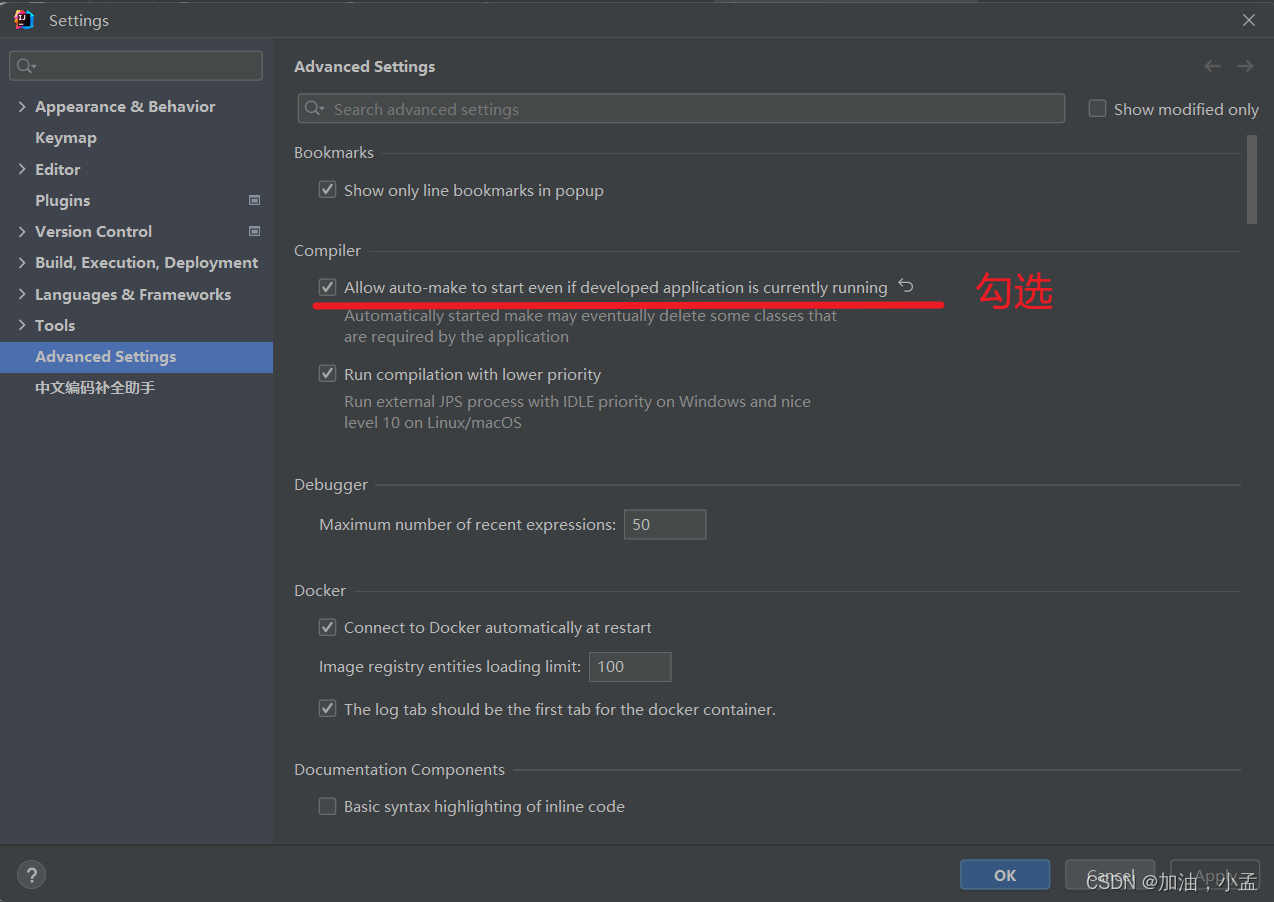


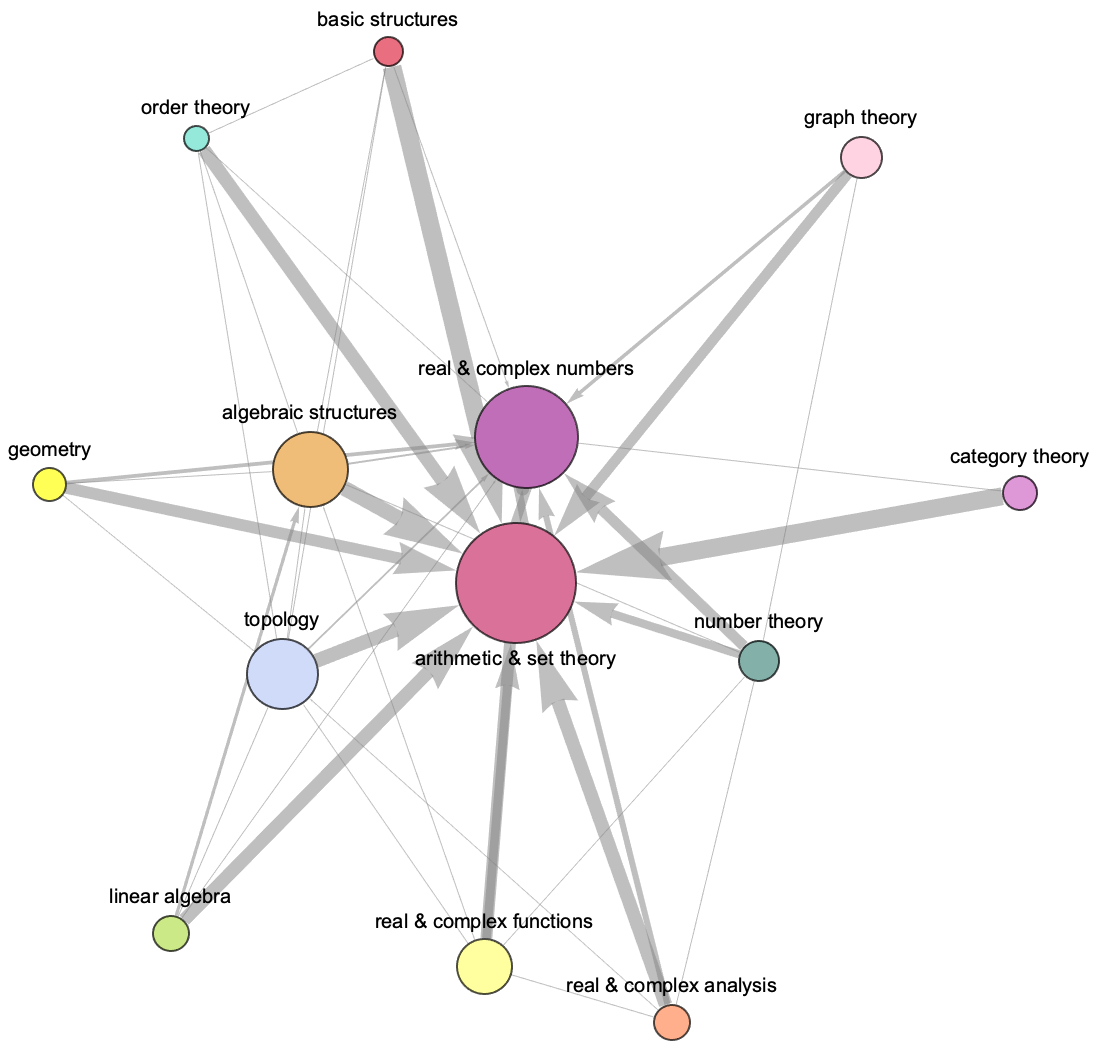



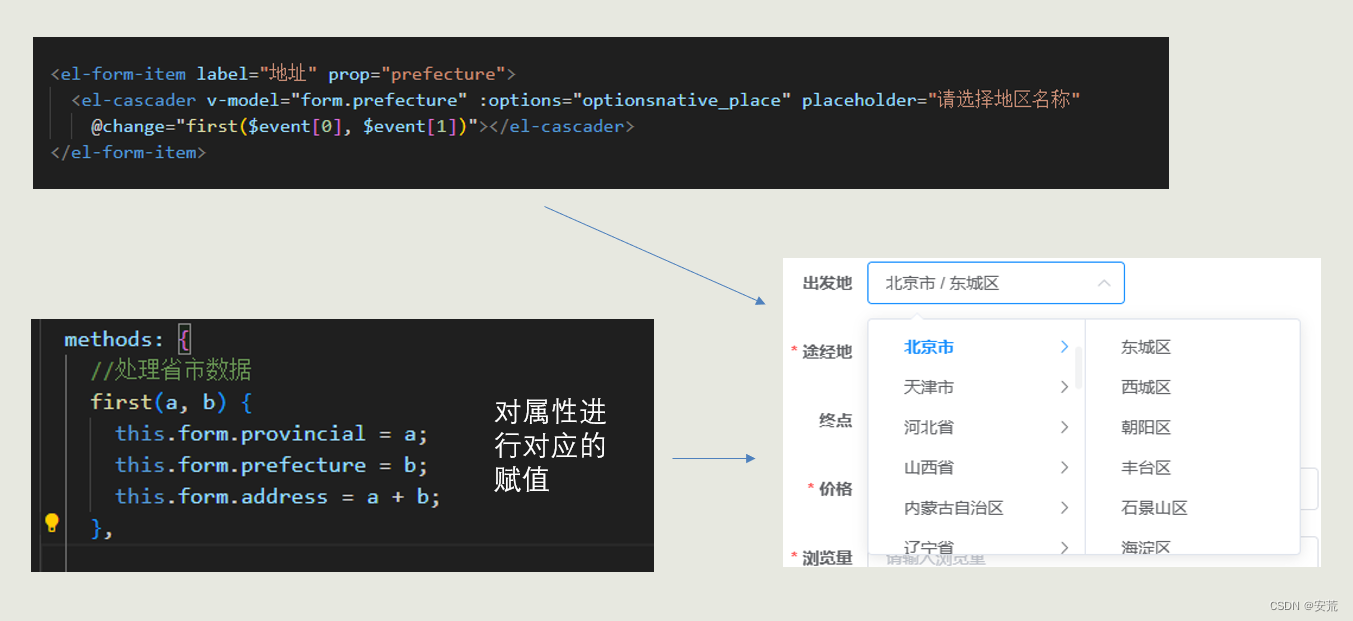
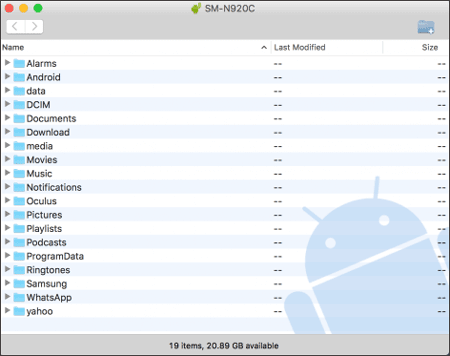
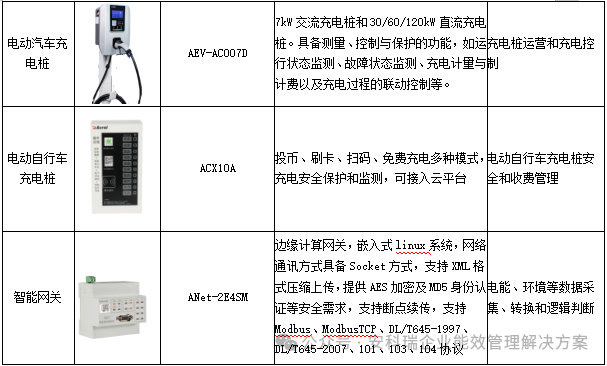
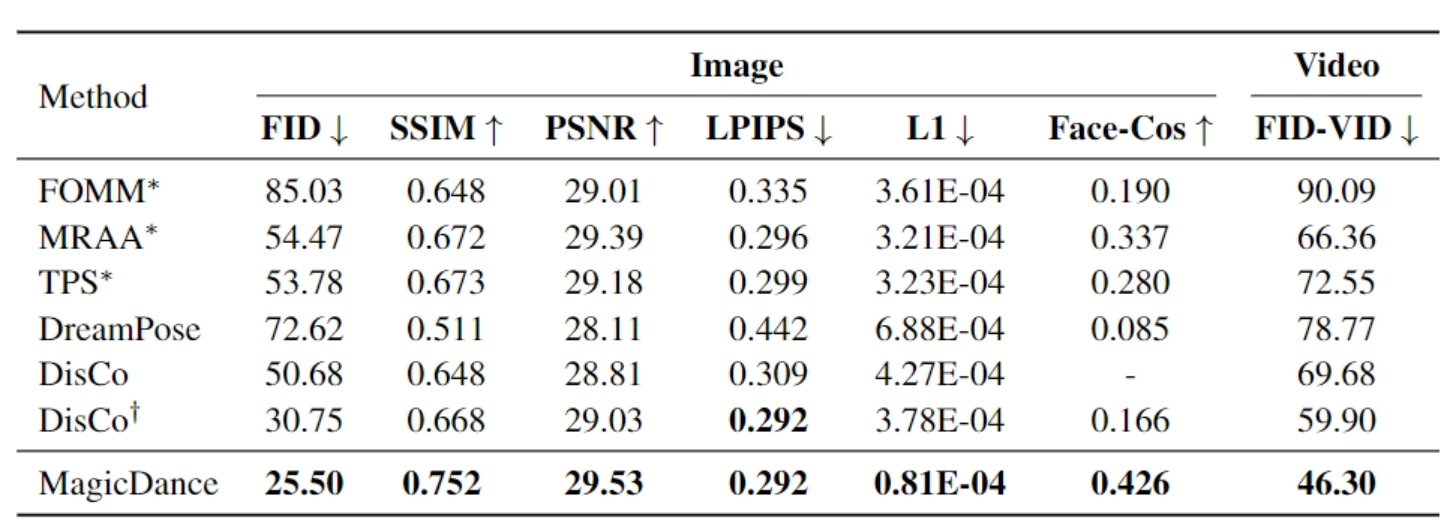
![[图解]产品经理创新模式02改善信息流转](https://img-blog.csdnimg.cn/direct/043a8cbd8ec84cdf926538b6cb7cd139.png)
